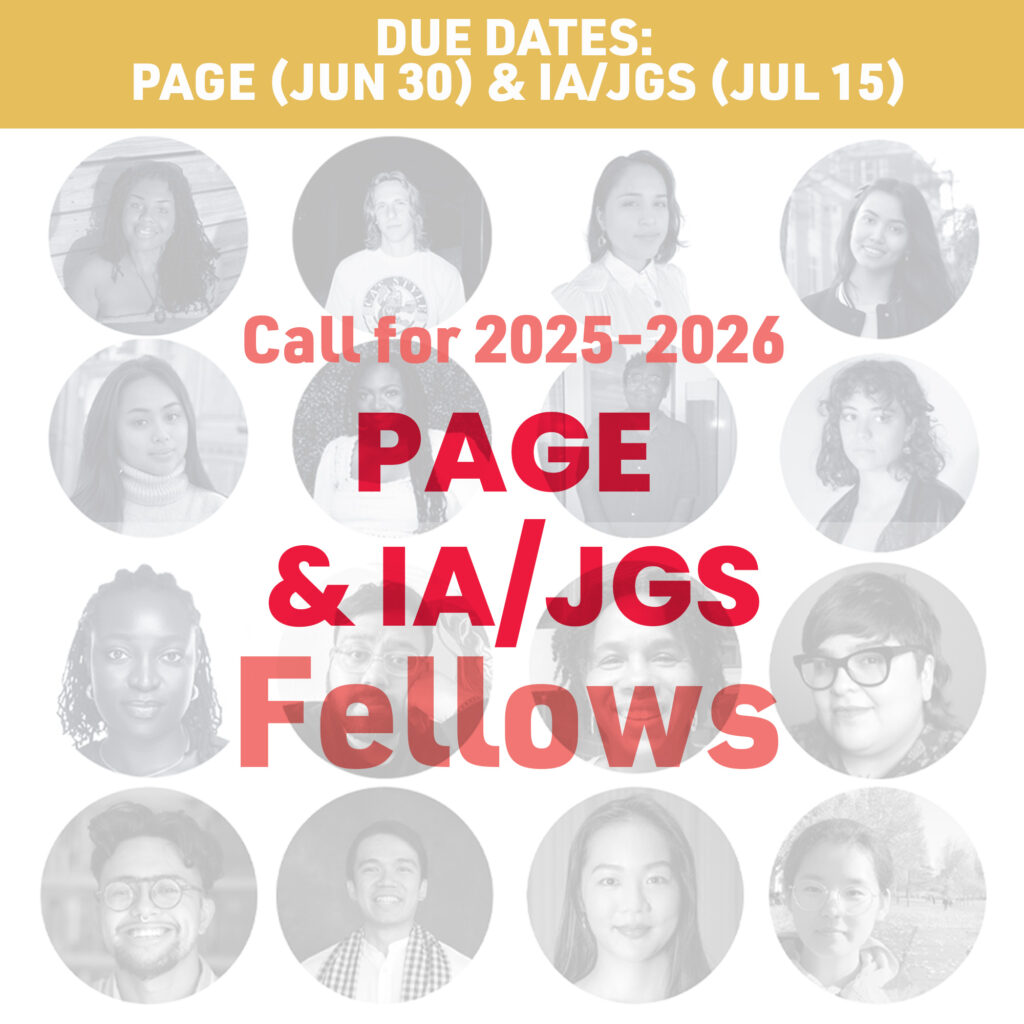History
For more than twenty years, IA has connected, convened, and advocated for public scholars and artists committed to creating a more caring and just world.
Historical Origins
By the late 1990s, the national conversation about higher education’s civic purpose was well established, reinvigorated during the previous decade. Newly created centers for service‐learning and community partnerships were advancing higher education’s commitment to public engagement. However, values of reciprocity and mutual benefit across community-university lines often went unrealized, and humanities, arts, and design were underrepresented.
Within this context, Julie Ellison and David Scobey were developing an engaged arts and humanities presence at the University of Michigan, including through Scobey’s Arts of Citizenship program. Across the country, there was recognition of a growing commitment among artists, humanists, designers, and other scholars in the cultural disciplines who passionately wanted to claim community engagement at the core of their identities as intellectuals and artists. This growing field was built upon and includes a diverse range of scholars and artists from the critical pedagogy, experiential learning, ethnic studies and cultural equity movements of the 1960s, 70s, and 80s.
Imagining America (IA) was officially launched at a 1999 White House Conference initiated by the White House Millennium Council, the University of Michigan, and the Woodrow Wilson National Fellowship Foundation. The name Imagining America reflected the theme of the White House Millennium Council that focused on renewing participation in all walks of U.S. life: “Honor the Past – Imagine the Future.”
Early Years
The 1999 Conference participants became the basis for what would become Imagining America’s consortium of colleges and universities, and the University of Michigan agreed to be the initial host campus, with Julie Ellison as founding director. Under Ellison’s leadership IA fostered a national network of campus-community collaborators in humanities, arts, and design.
With then research director Timothy K. Eatman, Ellison developed a preliminary analytical framework to identify and critically consider a range of emerging artistic and scholarly endeavors, promoting public scholarship as an important and legitimate enterprise in higher education. Ellison and Eatman also conducted research on and served as early advocates for engaged graduate education programs and careers, supporting the founding of IA’s Publicly Active Graduate Education fellowship.
Moving Forward
In 2007, Syracuse University became the next institutional host, and Jan Cohen-Cruz served as director through 2012. In 2008, IA released its prominent report based on several years of research, Scholarship in Public: Knowledge Creation and Tenure Policy in the Engaged University, by Julie Ellison and Timothy K. Eatman. During this time, IA developed ‘Collaboratories’ to leverage IA’s intellectual and creative capital by drawing on the expertise of investigators from the consortium. The primary goal of collaboratories was to incubate and nurture work through exploration of shared interests. Many of IA’s research initiatives grew out of these collaboratories, and continue to probe into the impact of public scholarship, regionally, nationally, and globally.
Cohen-Cruz and National Advisory Board chair George Sanchez also strengthened IA’s commitment to equity and social justice, expanding the leadership and membership of IA in terms of racial, gender, disciplinary, institutional, and community-based diversity. Cohen-Cruz also founded Public: A Journal of Imagining America with founding designers Kathleen Brandt and Brian Lonsway.
Timothy K. Eatman and Scott Peters served as faculty co-directors from 2012 to 2017, and ushered forward a model of cultural organizing, explored through IA’s Summer Institutes, which have taken place in communities across the country including Los Angeles, Atlanta, Baltimore, and Eastern Kentucky. The Institutes provided a space for working teams of campus and community leaders to engage in deep reflection and discussion about theories and practices of organizing that draw on the strengths of the arts, humanities, and design fields. Peters launched new research on university extension engagement, and Eatman continued to advocate for the values presented in his research with Ellison on recognizing publicly engaged scholarship, and research on ‘Full Participation’ with Susan Sturm, Adam Bush, and John Saltmarsh.
Imagining America Today
As of July 2017, led by faculty director Erica Kohl-Arenas, IA is currently based at UC Davis, its third host campus. In the context of a major institutional move and an expanded field of higher education and cultural art associations nationally, Kohl-Arenas and Managing Director Mina Matlon led a multi-year strategic planning process to re-assess IA’s core strengths and central value. The resulting refreshed Vision, Mission, and Values were shared in 2019 and strategic directions in 2021 (forthcoming).
Upon determining IA’s unique value as a connector, convener, and bridge builder between the three fields of public scholarship, regional cultural organizing, and institutional culture change in higher education, the current IA team launched a number of initiatives and engagement platforms. New collaborative action research projects were formed to promote campus culture change on behalf of public and activist scholarship, and about the power of regional creative community development.
Since arriving at UC Davis, engagement in IA programs has increased and diversified, including significantly higher participation of students and community based cultural producers and organizations in the National Gathering. To connect members and allies across the network throughout the year, regional organizing, online learning, and networking opportunities were created and supported including cluster organizing, a podcast, webinar series, and online membership platform.
IA continues to contribute resources to an expanding membership; offer opportunities for undergraduate and graduate student leaders, including through the Joy of Giving Something and Publicly Active Graduate Education (PAGE) fellowship networks; support research collaboratories including the APPS an CoPed collectives; and provide significant leadership to the field of engaged scholarship as is evidenced in Public: A Journal of Imagining America, IA’s peer-reviewed, multimedia e-journal focused on humanities, arts, and design in public life.


